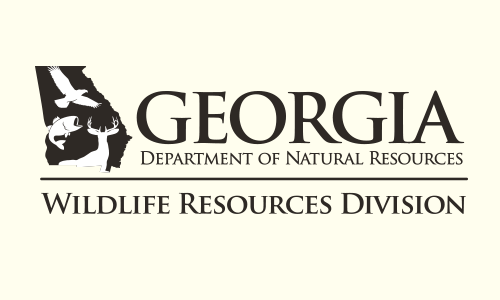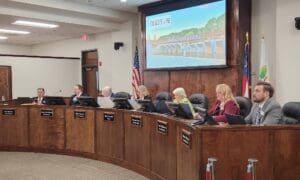Effective immediately, there is a campfire restriction on multiple Georgia Wildlife Management Areas, according to the Georgia Department of Natural Resources’ Wildlife Resources Division.
“Due to the lingering and continued drought conditions, there is elevated risk of wildfire in north and central Georgia,” said John Bowers, Chief of WRD Game Management. “Suspending the use of campfires on WMAs minimizes the risk of dangerous wildfires that threaten public safety and our forest resources. This action is consistent with the policy recently established for National Forest Lands by the USDA Forest Service and is supported by the Georgia Forestry Commission.”
Until further notice, hunters and visitors to the WMAs named below must refrain from building, maintaining, attending or using a fire or campfire (note: commercially available fuel stoves are excluded from restriction):
Allatoona, Arrowhead, B.F. Grant, Berry College, Blanton Creek, Broad River, Buck Shoals, Clybel, Conasauga River, Coosawattee, Coosawattee – Carter’s Lake, Crockford-Pigeon Mountain, Dawson Forest, Elbert County, Fishing Creek, Hart County, J.L. Lester, Joe Kurz, Lower Broad River, Lula Bridge, McGraw Ford, Oconee, Otting, Paulding Forest, Pine Log, Rich Mountain (state-owned tracts), Sheffield, Soap Creek, West Point, Wilson Shoals and Zahnd.
WMAs located on Chattahoochee-Oconee National Forest land are subject to the fire restriction policy established by the USDA U.S. Forest Service, which dictates that campfires are restricted to developed recreation areas only, and confined within receptacles designed for fire in developed campsites. More information can be found at www.fs.usda.gov/alerts/conf/alerts-notices.
For more information on Georgia WMAs, visit www.georgiawildlife.com/Hunting/WMAnews.













Leave a Comment
You must be logged in to post a comment.